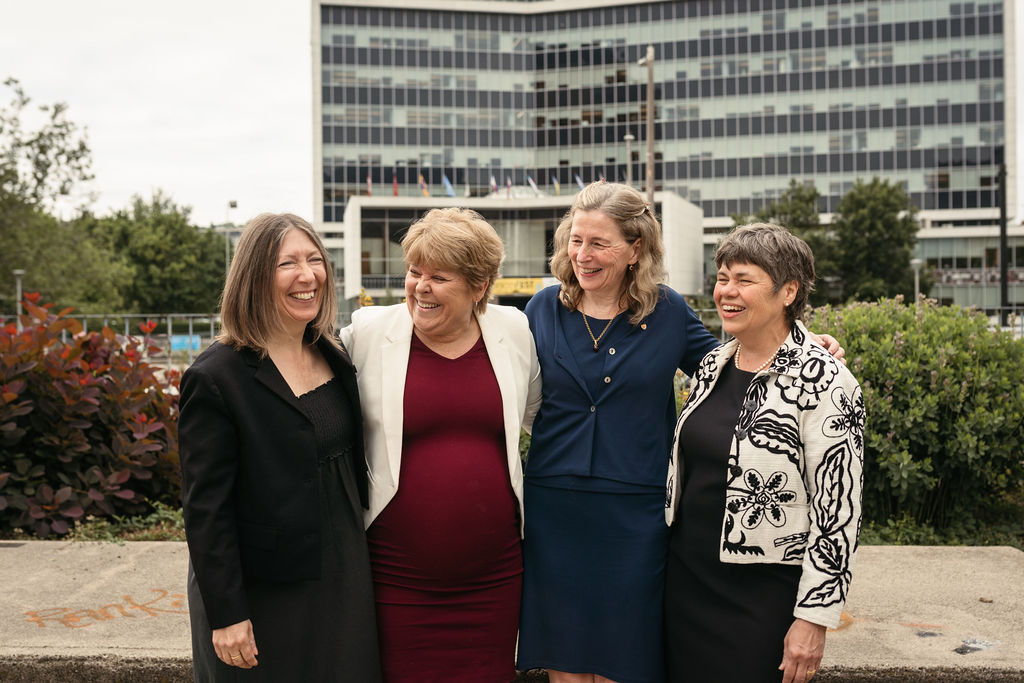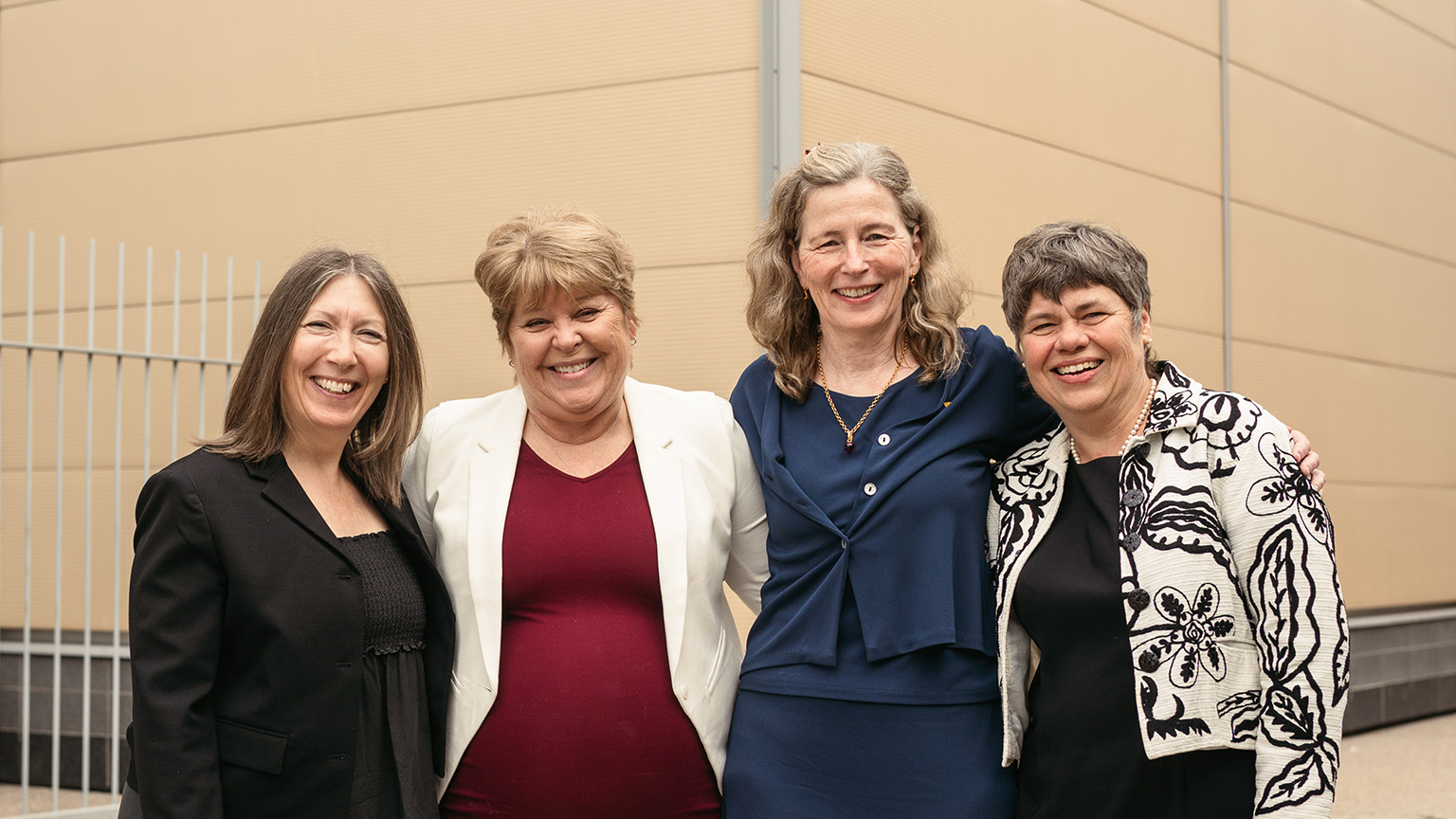
The work and achievements of women engineers are crucial to enriching and moving the field forward. On June 23, the world is called to celebrate their contributions for International Women in Engineering Day.
To mark the occasion, four women leaders from Engineering schools across the country share their experiences, insights and advice for how they are making engineering a more inclusive field.
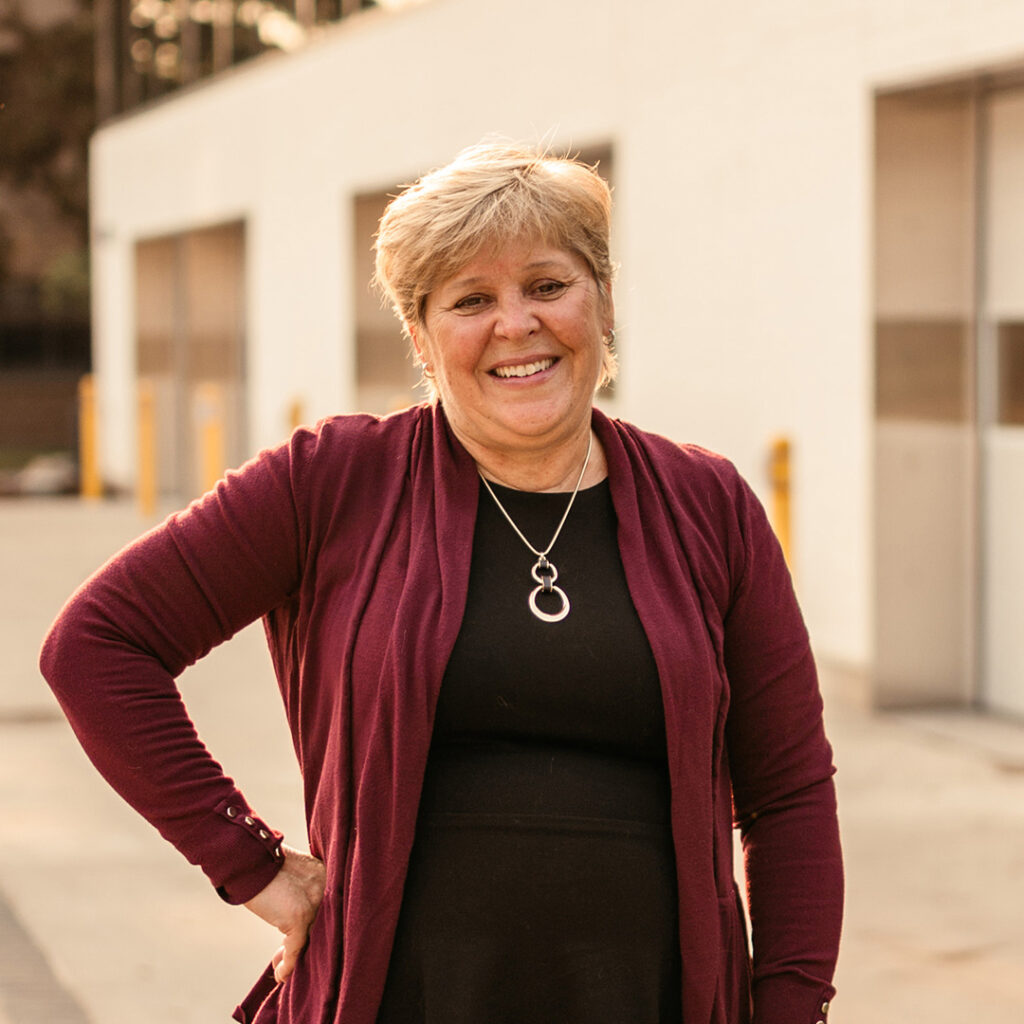
Heather Sheardown
Dean of Engineering at McMaster University
Hamilton, Ontario
What do you think is the most exciting opportunity for enhancing engineering education for the future?
I love the experiential learning aspects that we have been incorporating into the curriculum. Students are excited and feel like they are doing engineering from the time they enter university.
What do you still love about engineering as a profession?
I love the ideas that Engineers make a difference. Much of what we do is in the background, but without the contributions of Engineers, much of the quality of life that we enjoy today is because of the work of Engineers.
What does it mean to you to be a woman leader in engineering?
We were among that first group of women when it became “common” to see women in engineering programs. And now we are among the first women to be leaders. This means we have the power to effect positive change. There is maybe a little less willingness to accept mistakes – and we will make mistakes – so I think that we need to be honest about our shortcomings and celebrate our successes. Suzanne has said, and I completely agree – most of our careers we were alone – the only women in a program, the only female faculty member – but now we have a support network. I feel lucky to have each of these women in my network.
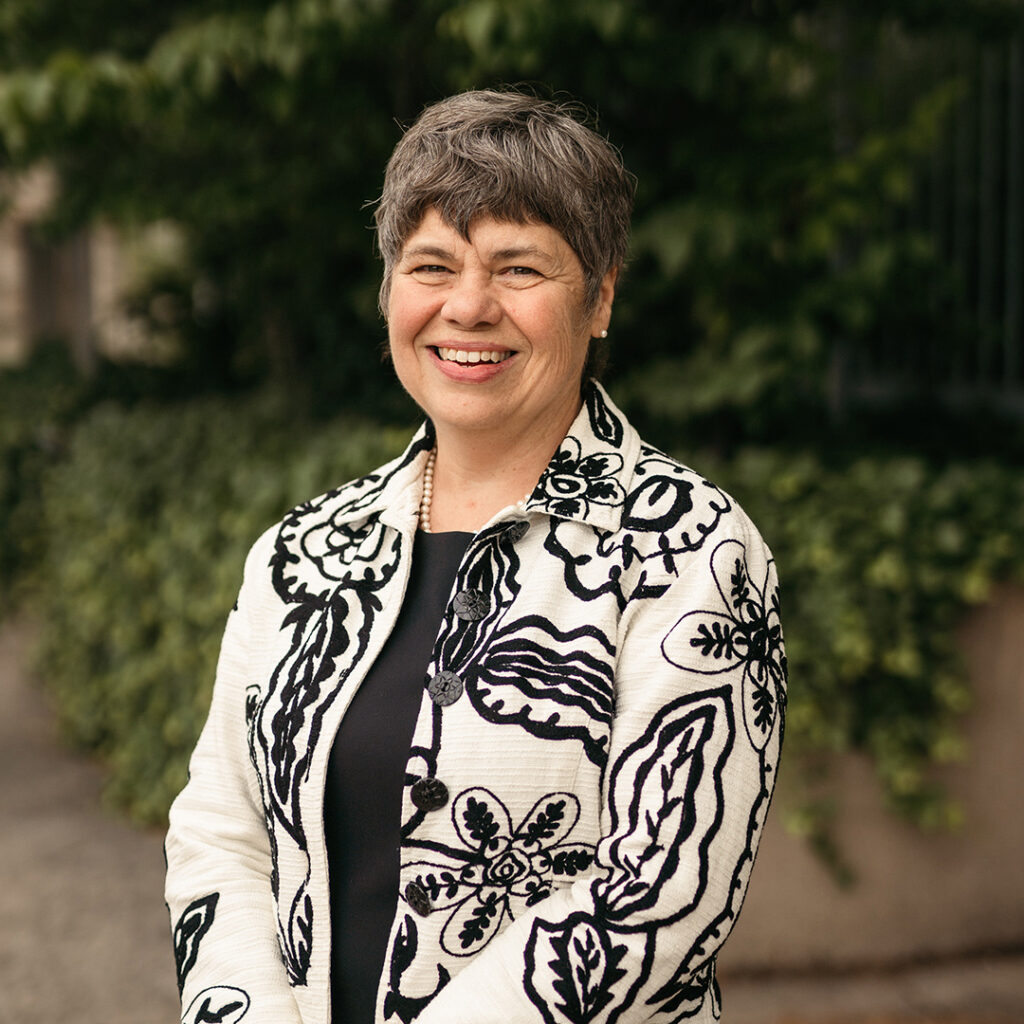
Suzanne Kresta
Outgoing Dean of the College of Engineering at the University of Saskatchewan
Incoming Dean of the Faculty of Sustainable Design Engineering (FSDE) at the University of Prince Edward Island
What do you think is the most exciting opportunity for enhancing engineering education for the future?
Co-creation. Working on complex problems requires many perspectives at the design table. Scaffolding those relationships and conversations is exciting, challenging, and creative work. We are using this concept in the Future of Engineering Accreditation project (Engineers Canada), and it was foundational to our succusses with RE-Engineered (at USask) and in the FSED (Faculty of Sustainable Design Engineering at UPEI).
What is one important lesson you learned from being the first/only woman at the table for much of your career?
Everyone’s voice matters. Sometimes the different perspectives at the table are hard to hear, so I also had to learn how to speak so that people could hear me – from where they are sitting.
What progress have you seen in current day compared to when you were an undergraduate engineering student?
I love this question. We are so much more open to many ways of approaching this profession and so much more comfortable embracing diversity now. The technology has advanced dramatically – but more importantly, we are starting to understand that engineering design is not just about the “thing” – it is about the systems and people around the thing. How will our technology intertwine with the world around it? This sparks many exciting questions for future generations!
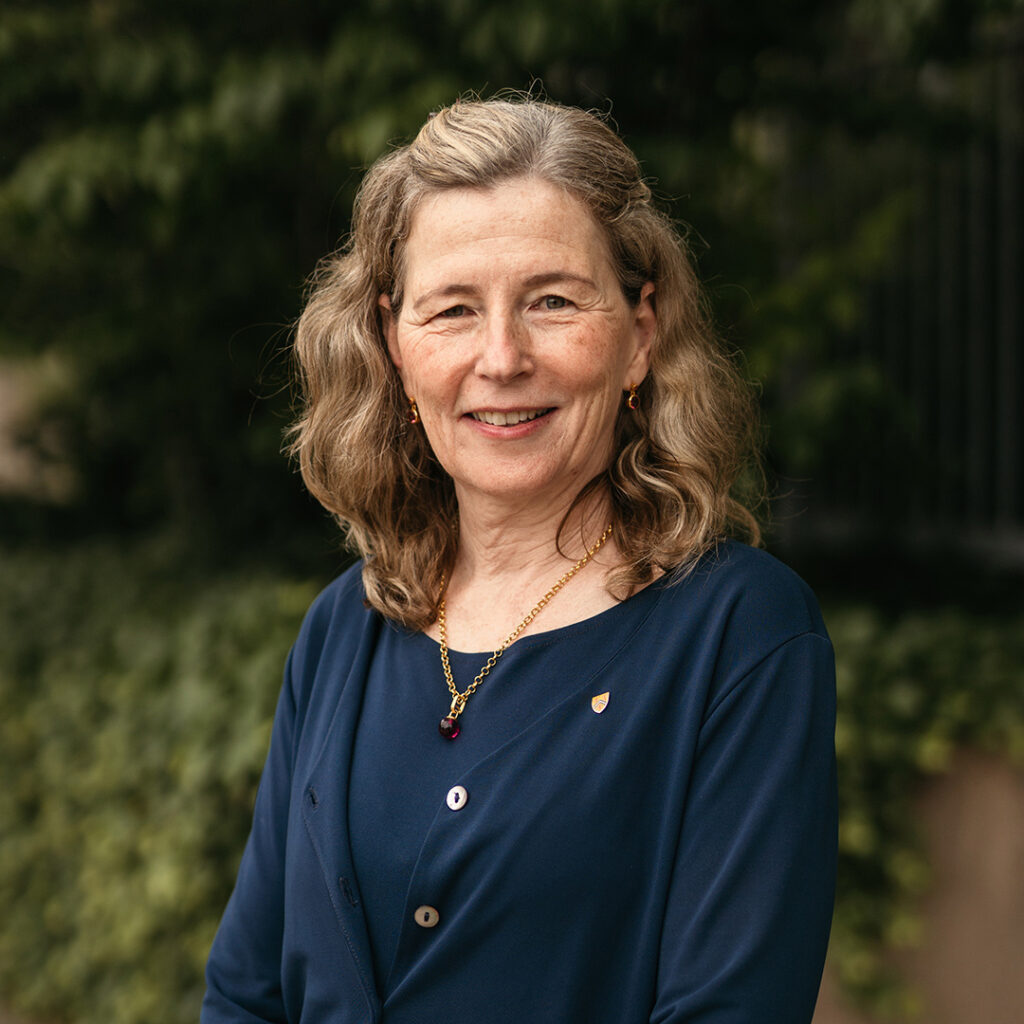
Mary Wells
Dean of Engineering at the University of Waterloo
Waterloo, Ontario
What’s one piece of advice for young girls interested in STEM?
There is a lot more to engineering than just math and science. It is vital that young engineers learn how to communicate effectively, develop their people skills and understand what it means to be a professional and act professionally. Try and find a mentor who embodies these qualities. But also, don’t forget about the math and science!
What’s one highlight from your career in engineering?
I have recently had the privilege of contributing to the Trust in Research Undertaken in Science and Technology Scholarly Network (TRuST) at Waterloo. The network brings together researchers and practitioners from across disciplines to improve communication with the public and build trust in science and technology. It’s vital that we explore how engineers, scientists, and researchers can find ways of embedding trust into the technologies they are currently building.
What does it mean to you to be a woman leader in engineering?
Recognising that you are a woman in engineering, rather than just an engineer, brings to light some important realities and responsibilities. As a young engineer I saw that I was immersed in a male-dominated field with a small group of female peers and few female role models. And that I could use my position to encourage other women to enter the engineering profession and help them along their own journeys. This responsibility is especially relevant in my role as Dean.
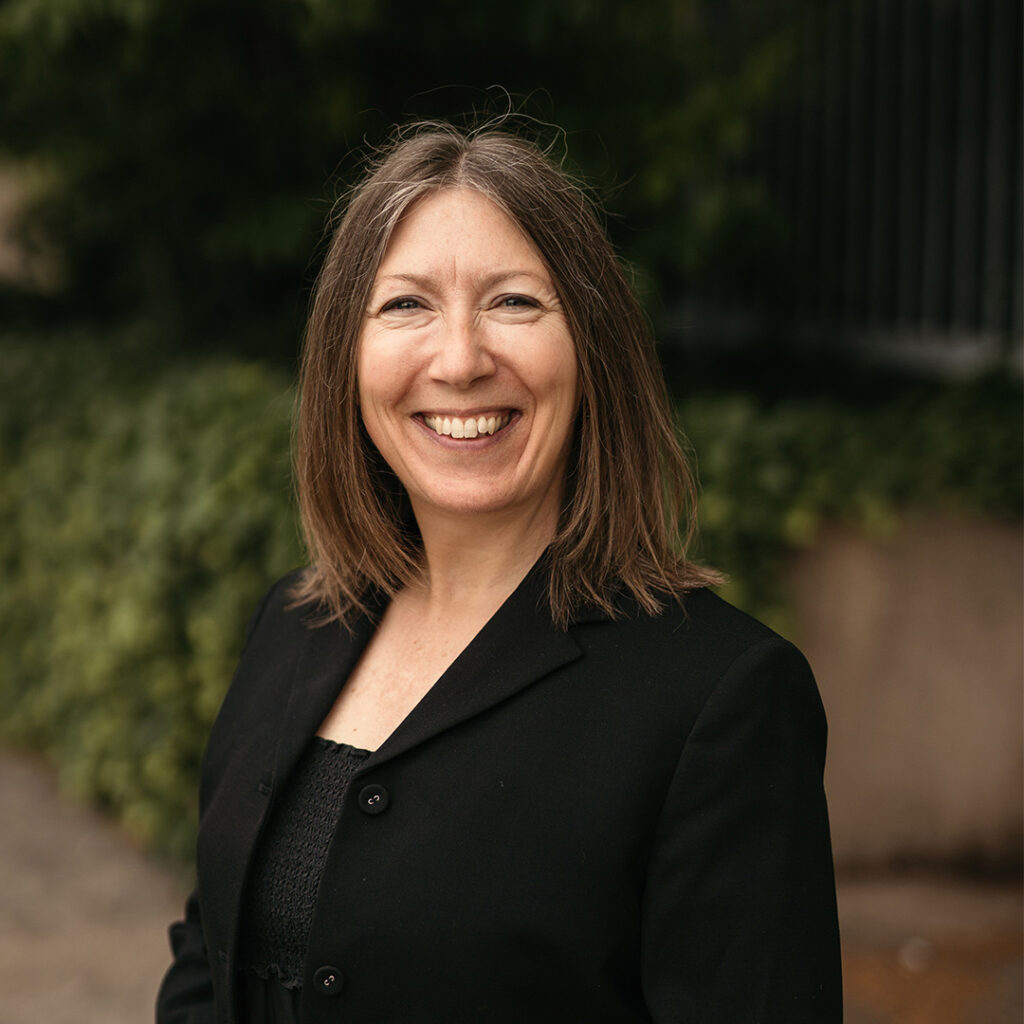
Jane Goodyer
Dean of the Lassonde School of Engineering at York University
Toronto, Ontario
What do you still love about engineering as a profession?
For me it has been and still is about helping people. To have the ability to transform a person’s life, or a community’s well-being, whether it’s providing clean water or designing the most lightweight wheelchair, is an absolute joy and privilege.
What project or accomplishment still excites you or makes you most proud as an engineer?
To be honest, having the opportunity to transform curricula that makes education more accessible at both an institutional and national level is a real highlight for me. Introducing degree programs in New Zealand and now Canada that allow learners to be fully employed, earn a salary, and gain a degree in 4 years, without going into debt. Opening doors to those who simply wouldn’t have the time or money makes me so proud.
What does it mean to you to be a woman leader in engineering?
I really appreciate that I bring a different voice, opinion and perspective, which is so important. I also like to break stereotypes. It always makes me chuckle when I surprise people about what I do? I can see that they are rethinking about what an engineer looks like.
